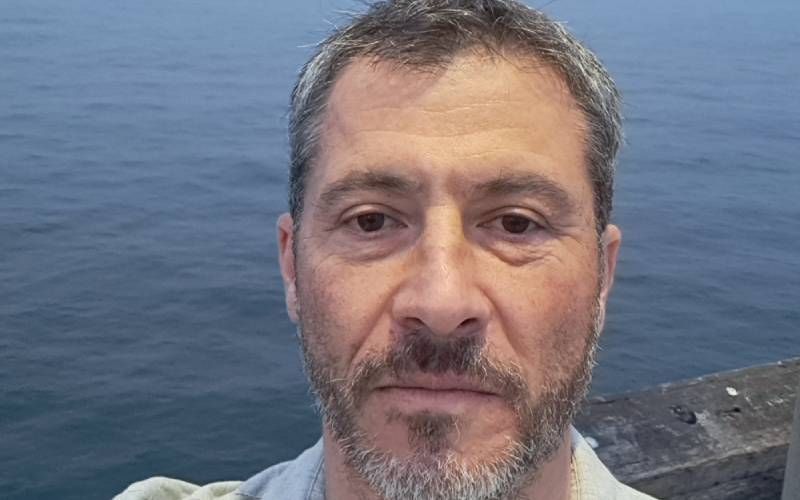“The Holocaust seems to me to be the paradigmatic case of the acting out of unconscious fears, fantasies and projections onto another group that has ever occurred. It is the place therefore for psychoanalytic concepts in understanding anti-Semitism and racism more generally. Particularly in this context and thinking about Nazism and Nazi perpetrators is crucial, especially given what for me is so interesting about this is not just thinking as a historian and how can I borrow psychoanalytic ideas to enrich the thing I am interested in explaining. Also, because the history of psychoanalysis is bound up with this history. It’s why I cited Fenichel and Loewenstein – the idea of psychoanalysis as this ‘Jewish science’, of the emigres all persecuted by Nazism and how they restarted their lives in the US or elsewhere, the grappling with the German psychoanalysts after the war, the conflicts in the International Psychoanalytic Association after the war – these are all part of the history of the Holocaust. For me, this combination of the history of psychoanalysis as an endeavor, plus the usefulness of psychoanalytic concepts in trying to explain this phenomenon in the first place is a hugely enriching conversation.”

Dan Stone, PhD
London
Episode Description:
We begin with outlining the tension within the ‘complemental series’ where external events and intrapsychic registration of those events are both contributors to psychic difficulties. This applies to early as well as later life traumas. Dan’s book invites us to additionally consider the conflicting psychoanalytic contributions to the question of what enables survival. All research points to the essential dimension of luck in enabling survival in concentration camps. As a historian he fleshes out the contrasting viewpoints of analysts Eddy de Wind and Viktor Frankl as they each describe what they felt were the essential psychological qualities that contributed to survival. De Wind and others point to a state of stupor, also characterized as estrangement or dissociation, as an essential state of mind to facilitate surviving in overwhelming circumstances. He shares with us why he as a historian feels that an analytic way of thinking is essential as “history without psychoanalysis cannot access aspects of the human experience that elude rational thought – and there are sadly many.”
Our Guest:
Dan Stone, PhD, is Professor of Modern History and director of the Holocaust Research Institute at Royal Holloway, University of London, where he has taught since 1999. He is the author of numerous articles and books, including, most recently: The Holocaust: An Unfinished History; Fate Unknown: Tracing the Missing after World War II and the Holocaust; and Psychoanalysis, Historiography and the Nazi Camps: Accounting for Survival. He is also the co-editor, with Mark Roseman, of volume I of the Cambridge History of the Holocaust. Dan chaired the academic advisory committee for the Imperial War Museum London’s redesigned Holocaust Galleries (opened in 2021) and is a member of the UK’s Advisory Group on Spoliation Matters.
Recommended Reading:
Martin S. Bergmann and Milton E. Jucovy (eds.), Generations of the Holocaust (New York: Columbia University Press, 1982)
Werner Bohleber, Destructiveness, Intersubjectivity, and Trauma: The Identity Crisis of Modern Psychoanalysis (London: Routledge, 2018)
Matt Ffytche and Daniel Pick (eds.), Psychoanalysis in the Age of Totalitarianism (London: Routledge, 2016)
Dagmar Herzog, Cold War Freud: Psychoanalysis in an Age of Catastrophes (Cambridge: Cambridge University Press, 2017)
Emily A. Kuriloff, Contemporary Psychoanalysis and the Legacy of the Third Reich: History, Memory, Tradition (New York: Routledge, 2014)
Dori Laub and Andreas Hamburger (eds.), Psychoanalysis and Holocaust Testimony: Unwanted Memories of Social Trauma (London: Routledge, 2017)
Steven A. Luel and Paul Marcus (eds.), Psychoanalytic Reflections on the Holocaust: Selected Essays (New York: Ktav, 1984)
Dan Stone, Psychologists in Auschwitz: Accounting for Survival (lecture at the German Historical Institute,( London, 11 July 2024):
